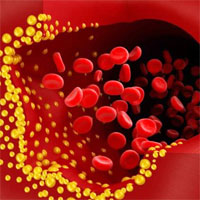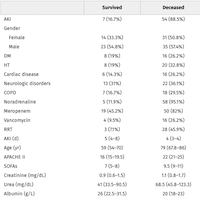A Primer on the Perils of Intravenous Fluids – Part 2
pulmccm.org
Critically-ill patients all likely have endothelial dysfunction to some degree. resuscitationThis perturbation in microvascular physiology may be underpinned by abnormal glycocalyx structure and function. Sepsis, trauma, surgery and ischemic insults are all known to disrupt the glycocalyx which will increase vascular fluid capacitance. Indeed, at 90 minutes, 20% of crystalloid volume remains within the vascular space, while in sepsis only 5% does. Further, in sepsis, precapillary arteriolar dilation increases capillary filtration pressure which favours interstitial edema. Thus, the use of alpha agonists such as norepinephrine may protect the microvascular beds from excessive filtration pressure.
















